Liturgical Language : Keeping It Metaphoric Making It Inclusive
$9.95
“Liturgical language” denotes those words used by Christians in their communal praise and prayer. Liturgical language is often metaphoric, as metaphors help us explain the unexplainable they help the human mind contemplate the divine. Problems with liturgical language occur when these metaphors exclude some Christians when their aim should instead be to bring all Christians into communion with God. Recognizing that both metaphoric and inclusive languages are necessary in Christian worship, Ramshaw clarifies how these need not be contradictory criteria for forming liturgical language.
Through a review of the history of language, Ramshaw illustrates the difficulties of forming texts from words that have undergone numerous translations and whose primary meanings have also changed throughout the centuries. An examination of trends in generic American English, the vernacular on which liturgical texts are to be built, reveals two tasks for liturgists: the arduous work of retranslating liturgical texts and the creative work of crafting intercessions, hymns, and homilies that are inclusive in language. Her discussion of symbolic imagery and theological language illustrates how essential it is that words be evaluated and chosen with understanding and care.
Ramshaw writes for those who find beauty and truth in metaphor and for those who strive to invite everyone to the Eucharistic banquet. She encourages all who formulate liturgical language to contemplate with seriousness and vision the ultimate objective of this language so that it can speak with meaning and beauty to all.
in stock within 3-5 days of online purchase
SKU (ISBN): 9780814624081
ISBN10: 0814624081
Gail Ramshaw
Binding: Trade Paper
Published: February 1996
American Essays In Liturgy
Publisher: Liturgical Press
Print On Demand Product
Related products
-
Bridging The Great Divide
$29.95Add to cartPreface: Cultivators Of A Flourishing Garden Of Life
Building A Bridge Across The Great Divide
The Virtue Of Bi-Polar Extremism
The Trouble With A Beige Catholicism
Paths And Practices: Recovering An Embodied Christianity
Liturgy
Lex Orandi, Lex Vivendi: The Liturgy As A Source For The Moral Life
The Trouble With Beige Churches: A Critique Of The Influence Of Cartesian Modernity On Contemporary
The Liturgical Act And The Church Of The Twenty-first Century
At The Feet Of The Masters
The Christian Humanism Of Karol Wojtyla And Thomas Aquinas
Thomas Aquinas’s Christological Reading Of God And The Creature
God As Artist
Genesis And Joyce: Narratives Of Sin, Grace And Theonomy: An Essay In Honor Of Andrew Greeley On His Seventieth Birthday
Preaching The Message
“I’m Waiting; I’m Waiting”: An Advent Meditation
The Grandfather And The Voice From The Whirlwind: A Meditation On Preaching The Problem Of Suffering
Three Paths Of Holiness
A Sermon For Children Of The Seventies
The Way Of Nonviolence
Thomas Merton’s Metaphysics Of Peace
Creation, Transsubstantiation And The Grain Of The Universe: A Contribution To Stanley Hauerwas’s Ekklesia Project
“Comes A Warrior”: A Christmas Meditation
Priesthood And Ministry
Priest As Bearer Of The Mystery
Priest As Doctor Of The Soul
Mystagogues, World-Transformers And Interpreters Of Tongues: A Reflection On Collaborative Ministry In The Church
Evangelizing The American Culture
Additional Info
Bridging the Great Divide: Musings of a Post-Liberal, Post-Conservative Evangelical Catholic represents a pivotal moment in the life of the Catholic community. As the Church seeks to maintain its unique witness, nurture the faithful, and evangelize, a new generation of American Catholics has emerged. No longer the “next generation,” these new leaders came of age after the Second Vatican Council and, like many others, no longer find compelling the battles between the liberals and conservatives throughout the post-conciliar period.Today’s faithful are searching for an expression of Catholic Christianity that is vibrant, colorful, provocative, counter-cultural, deeply rooted in the tradition, and full of the promise of the Good News. In this timely and prophetic book, Father Robert Barron–himself a member of the younger generation–has minted a new vernacular and blazed a new way that goes bridges the great divide and gives voice to the concerns of post-liberal, post-conservative, evangelical believers.
-
Treasures Old And New
$13.99Add to cartPraying to God is essential to Catholics. Treasures Old and New offers a way to deepen your relationship with God. With user-friendly devotions and novenas, the book gives readers a way to participate more fully in prayer.
Treasures Old and New offers a modern approach to traditional prayers. It increases the understanding that praying is a way to thank God for your life and all His many blessings. These litanies, prayers, and novenas give readers the words to use to converse with God both internally and externally. Praying is participating and offering gratitude to God, and we are reminded that our Lord will not force a blessing upon us–receive and give thanks.
Gratitude prepares the soul for humility, and humility makes prayer come more easily. The more we rest and work and play in prayer, the more we come to live the Word of God in thanksgiving.
-
Problem Of Pain
$16.99Add to cartFor centuries Christians have been tormented by one question above all — If God is good and all-powerful, why does he allow his creatures to suffer pain? C. S. Lewis sets out to disentangle this knotty issue but wisely adds that in the end no intellectual solution can dispense with the necessity for patience and courage.
-
Listen To Your Blessed Mother
$14.99Add to cartMary, the mother of Jesus, is recorded minimally in Scripture. Yet her words are filled with significance and rich meaning that can easily be misunderstood or misinterpreted by untrained hearers. Have you doubted Mary’s role in God’s plan based on the words of Scripture? Would you like to understand more fully what is intended when Jesus’ reaction is unexpected in relation to his Mother?
Gary Zimak explores both the spoken and unspoken words that Mary is recorded to have said and acted upon in the gospel narratives. The Word of God reaps manifold fruits in those who hear. Are we able to listen and understand the words of Mary in Scripture with open hearts?
Our Lady is a woman of few words, but when pondering with our hearts, we begin to understand that wisdom often begins in silence.

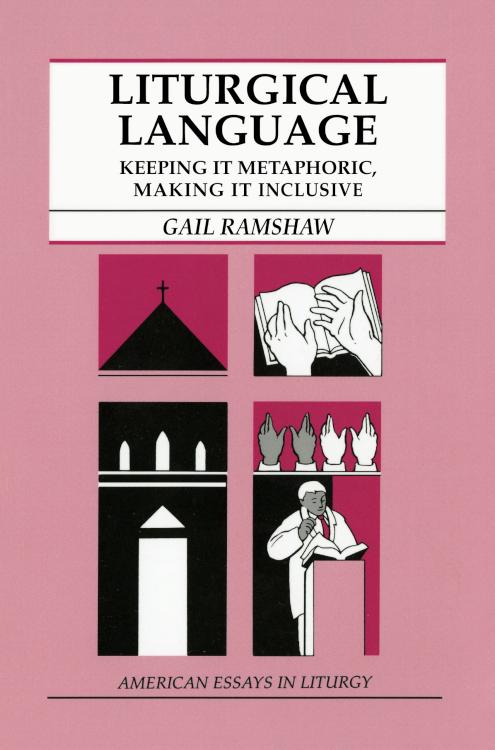
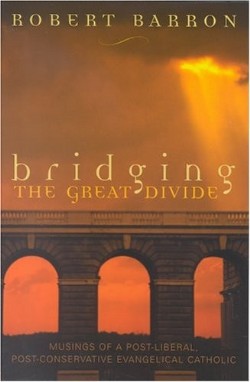
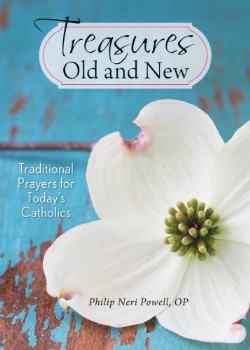
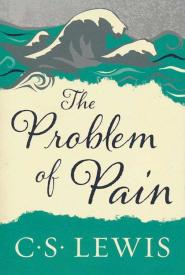
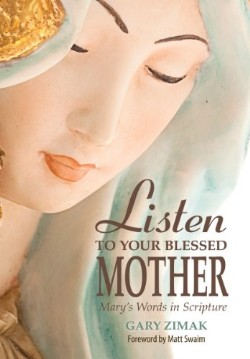
Reviews
There are no reviews yet.